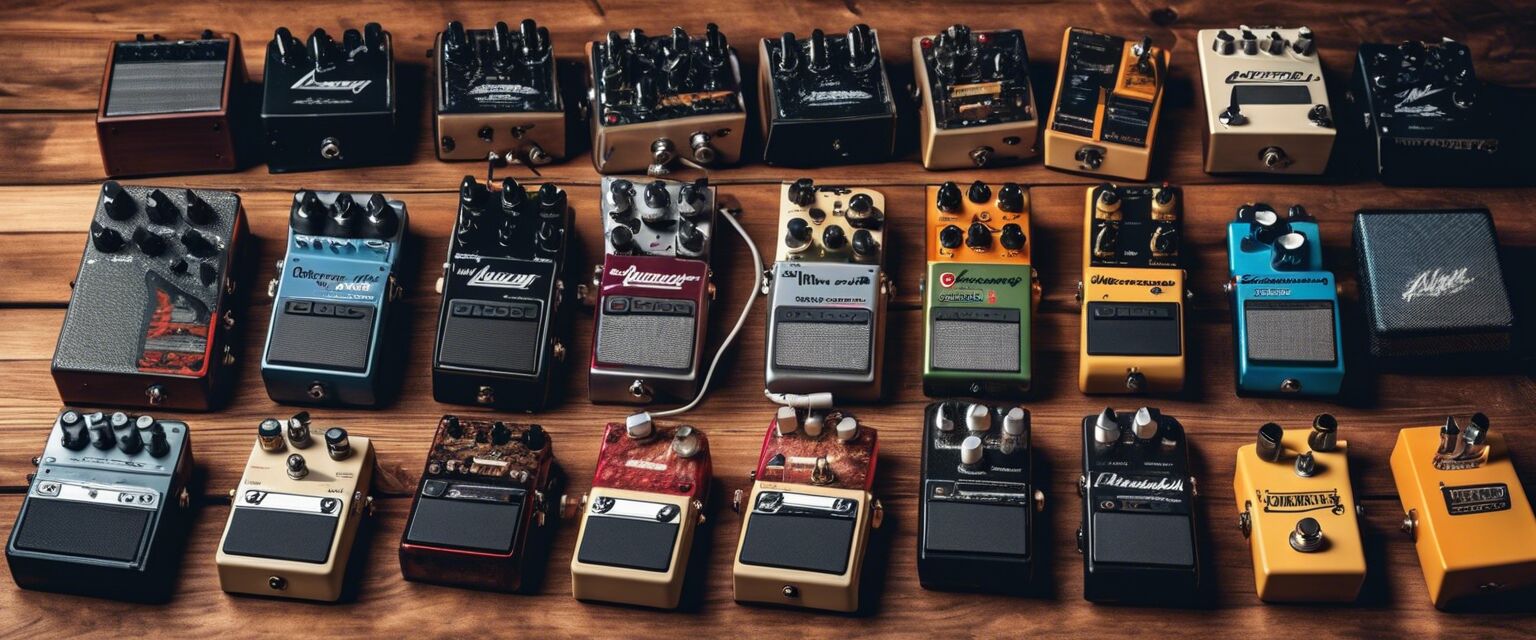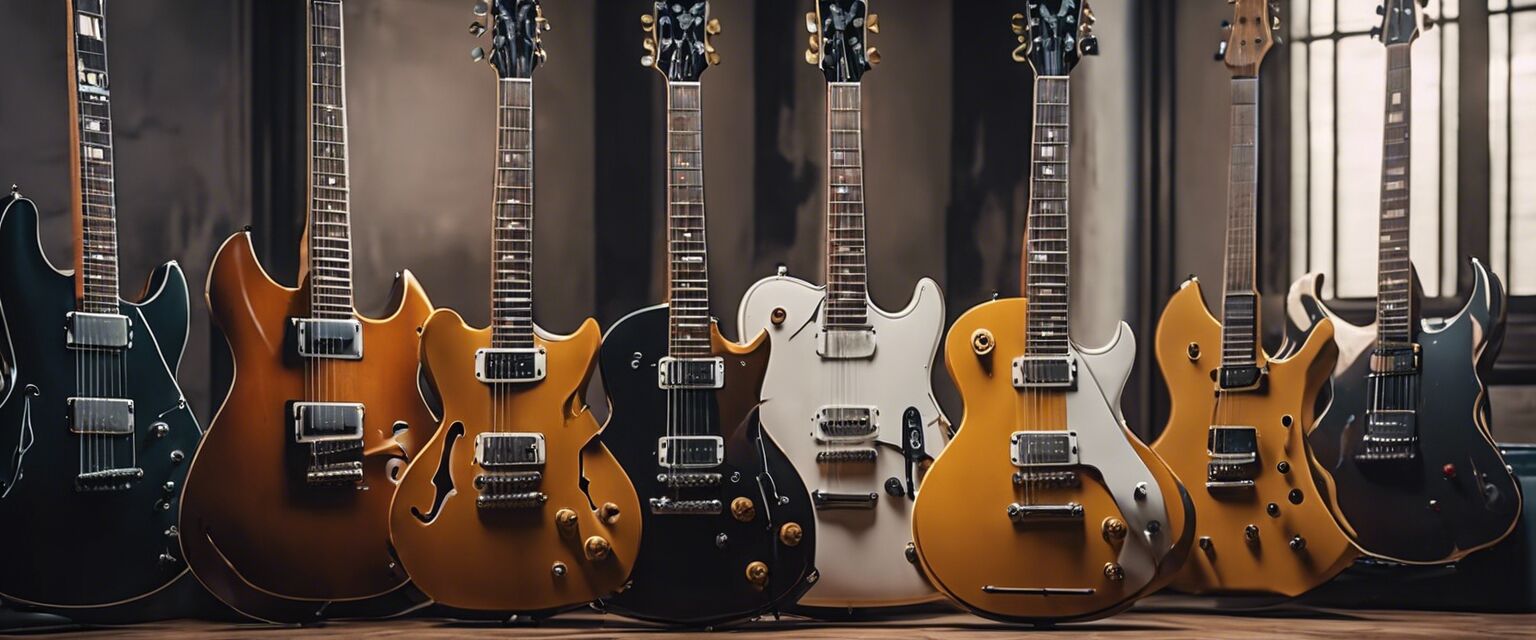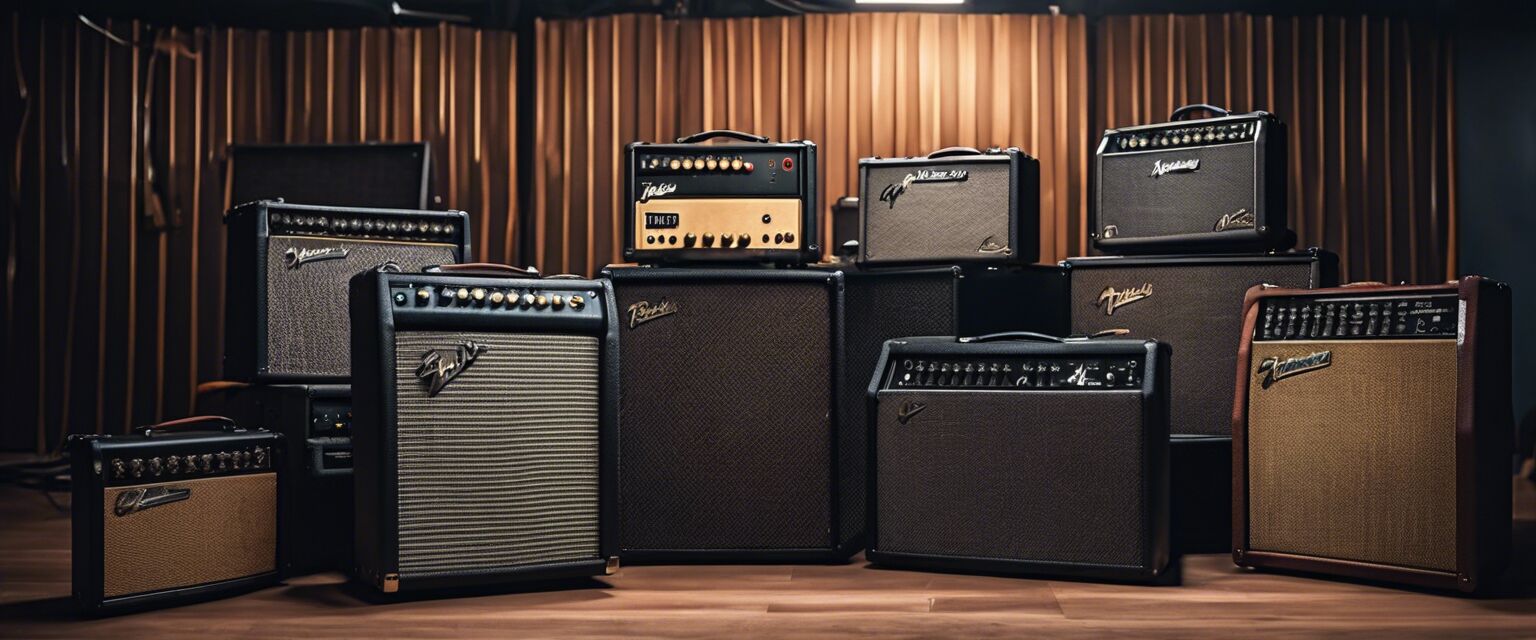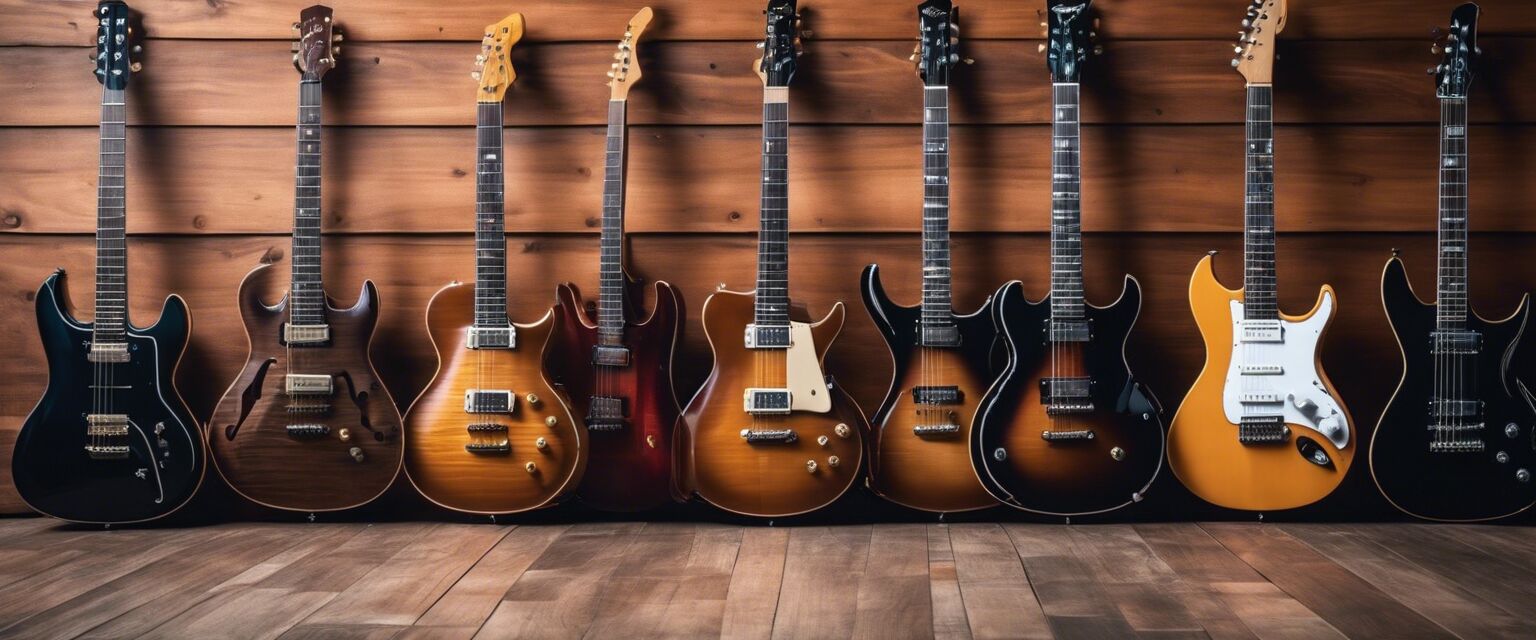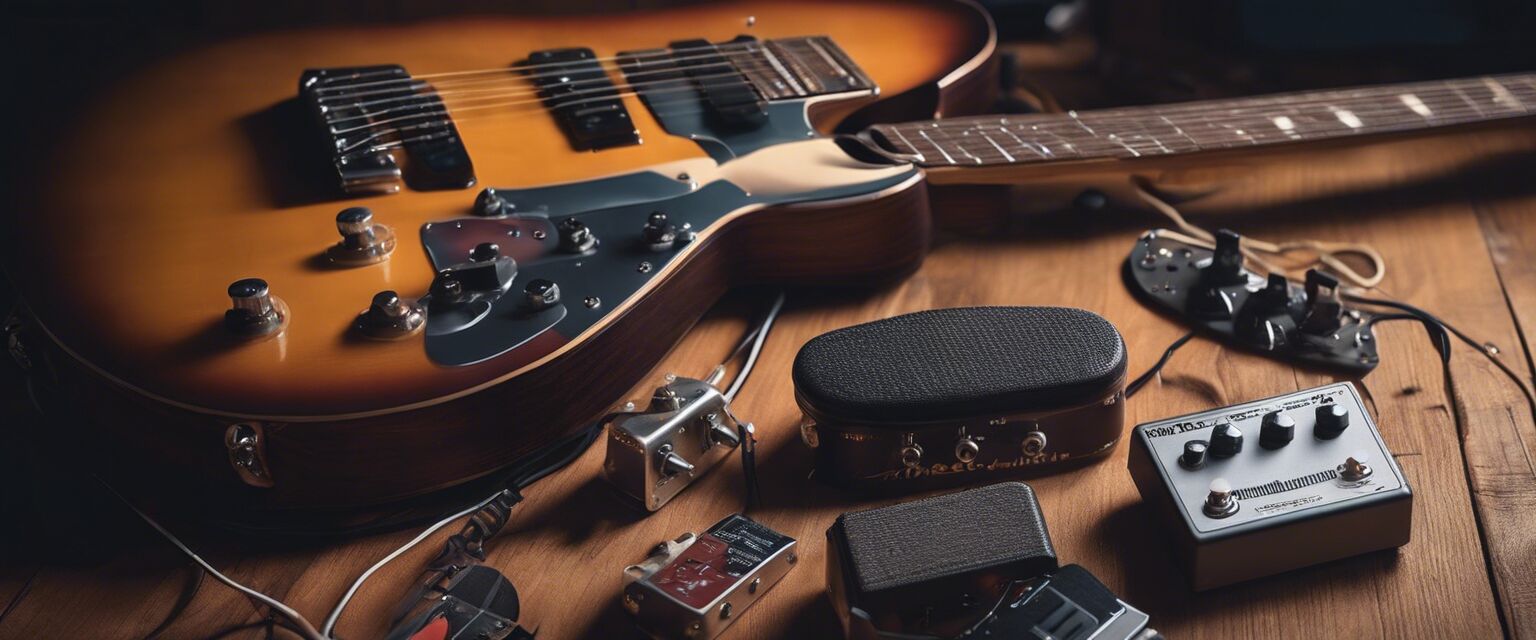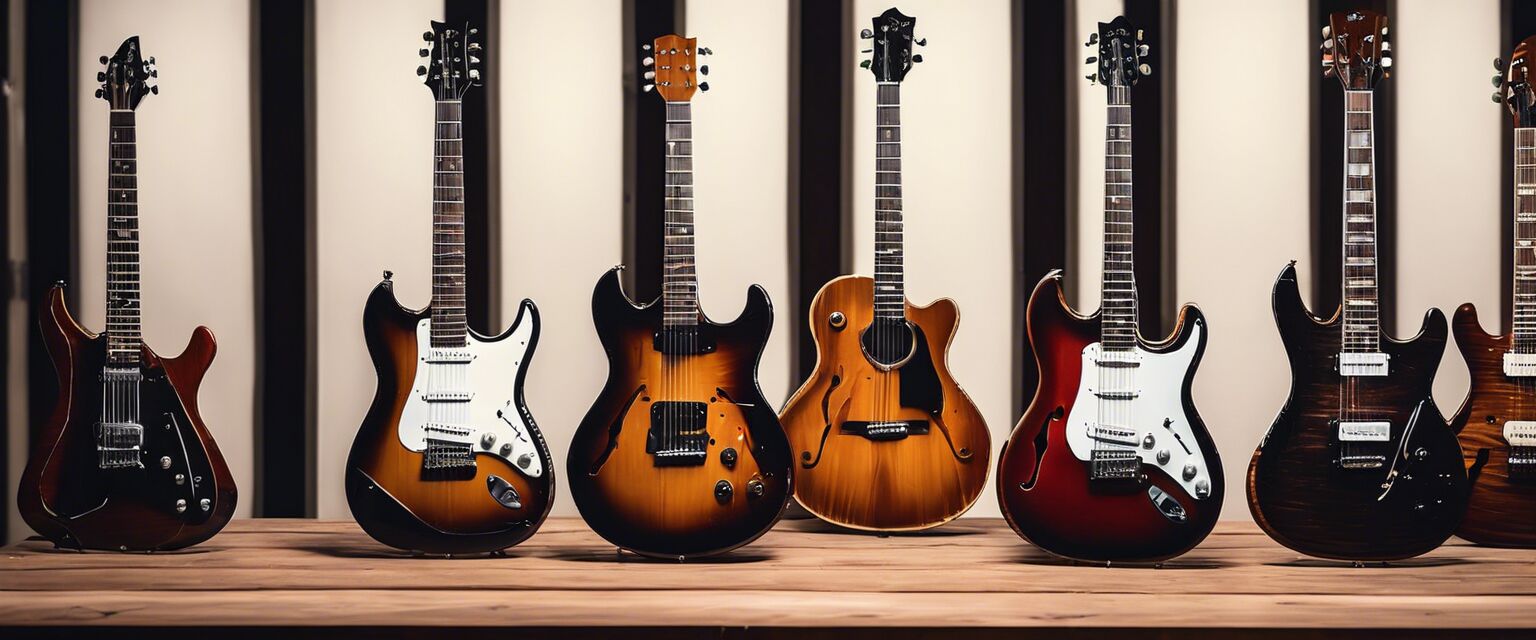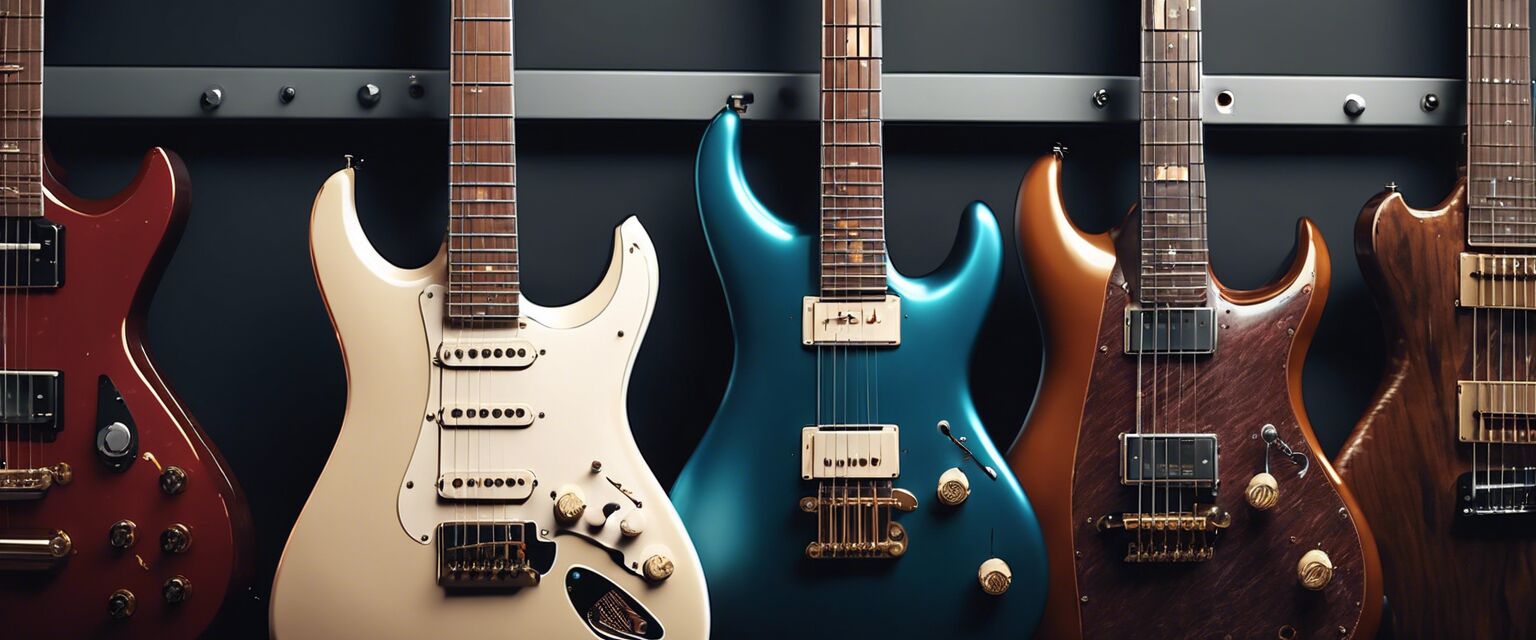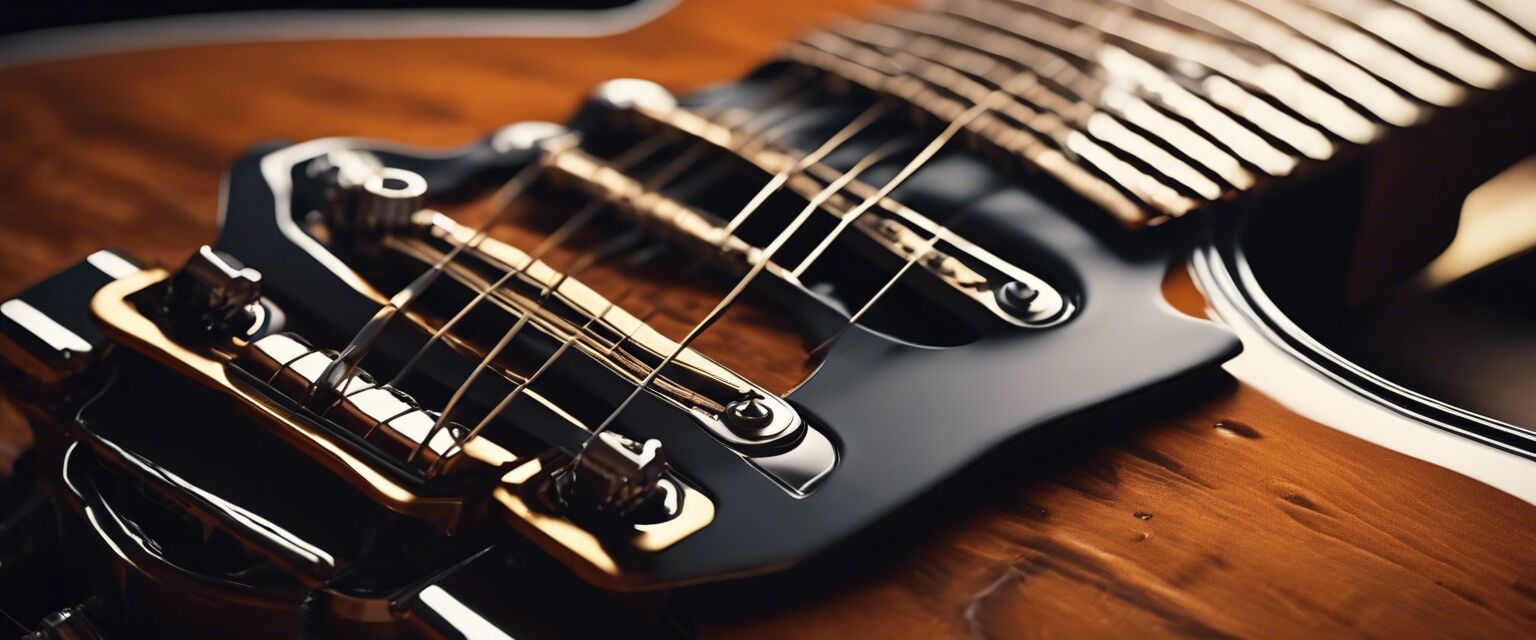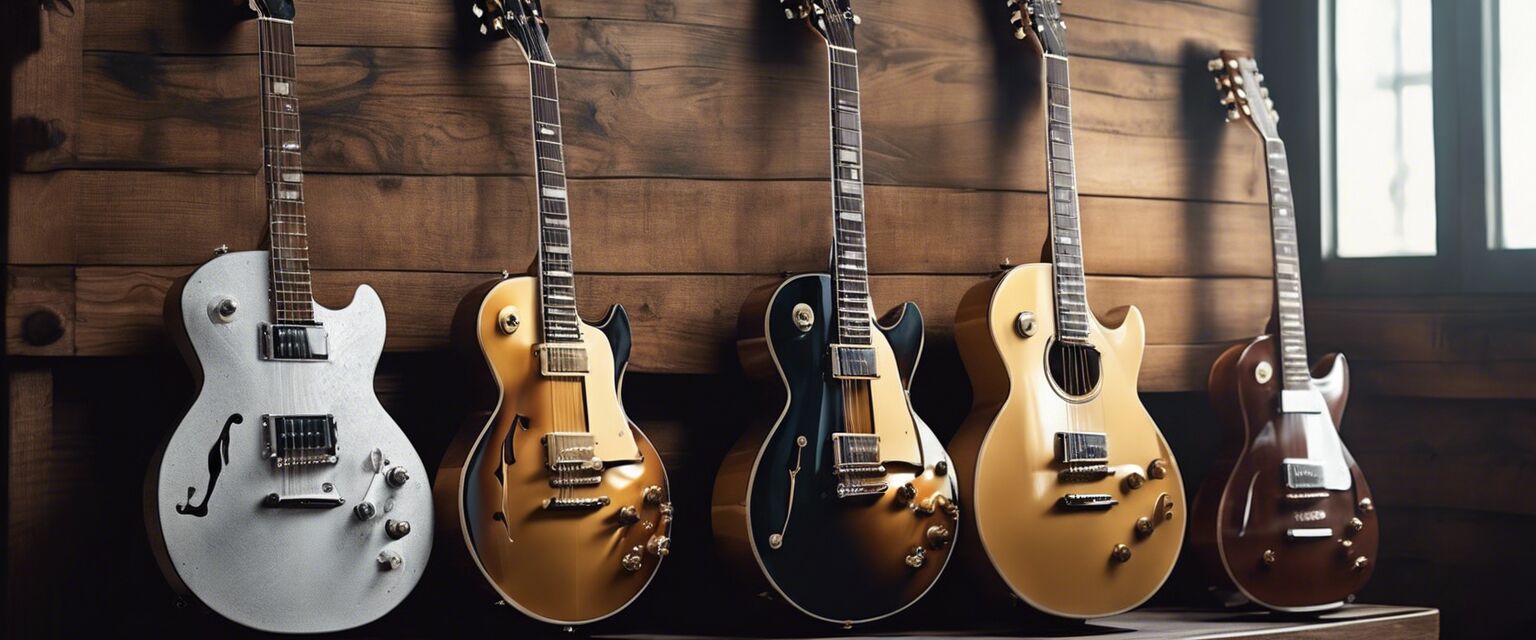
Intermediate Electric Guitars
Key Takeaways
- Intermediate electric guitars cater to players looking for quality sound and playability.
- Understanding the features of an electric guitar is essential for making an informed purchase.
- Consider your playing style and preferences when choosing an instrument.
- Accessories like amps and pedals can enhance your overall sound experience.
For guitarists who have moved past the beginner stage, choosing the right electric guitar can significantly impact your playing experience. This guide will help intermediate guitarists explore various options, understand essential features, and make informed decisions. Whether you are looking for a versatile instrument or something specific to your music style, we have you covered.
What to look for in an intermediate electric guitar
When searching for an intermediate electric guitar, it's crucial to consider several factors that contribute to the playability and sound of the instrument. Here are some key features to evaluate:
| Feature | Description |
|---|---|
| Body Type | The shape and material of the guitar affect its sound and comfort. |
| Pickup Configuration | Different pickups (single-coil vs. humbucker) can change your tonal options. |
| Neck Profile | The shape of the neck impacts playability and comfort for your hand. |
| Scale Length | Affects string tension and playability, especially for bending notes. |
| Hardware Quality | High-quality tuners and bridges improve tuning stability and sound. |
Choosing the right body type
The body type of an electric guitar is one of the most significant factors influencing its sound and feel. Below are some common body types:
- Solid Body: Known for sustaining sound and versatility, ideal for rock and metal.
- Hollow Body: Offers a warmer tone, often favored in jazz and blues.
- Semi-Hollow Body: A mix of both, providing warmth with added sustain.
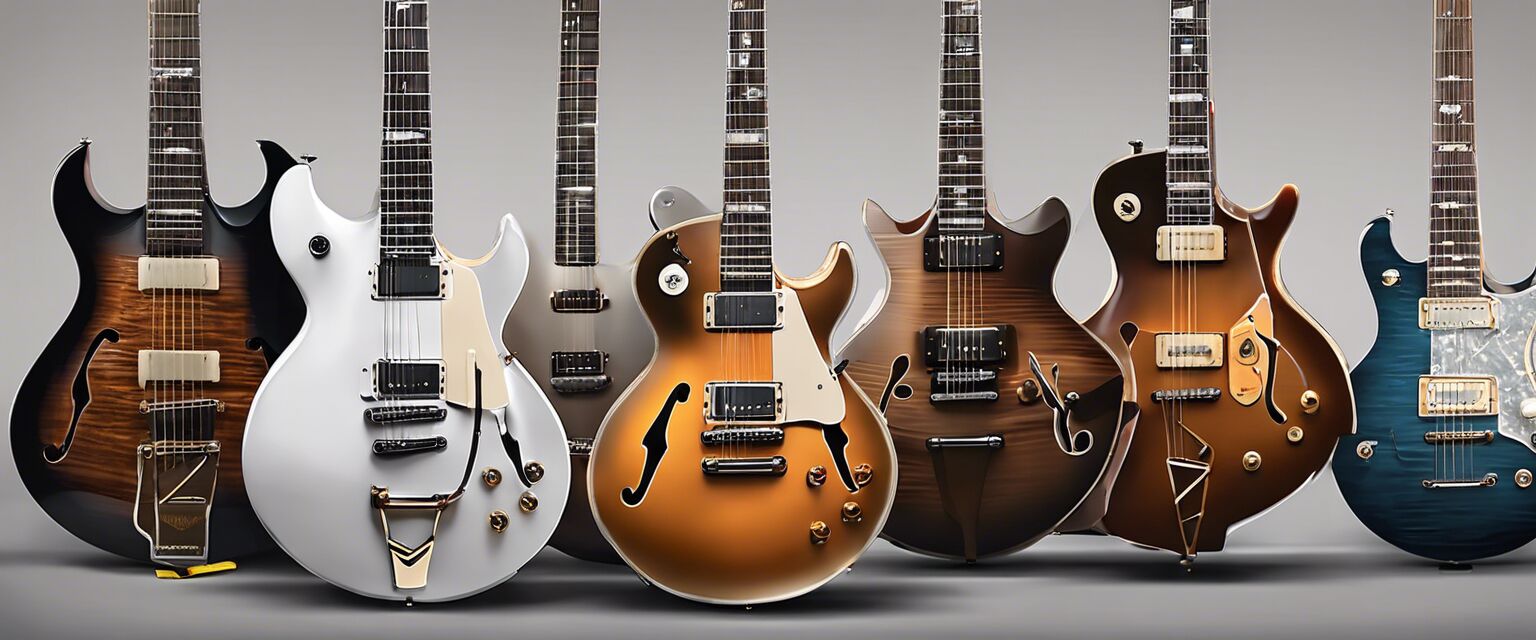
Understanding pickups
Pickups are crucial in determining the sound output of your electric guitar. Here's a breakdown of the two main types:
| Pickup Type | Characteristics | Best For |
|---|---|---|
| Single-Coil | Bright, clear tone; more susceptible to feedback. | Rock, pop, country, and blues. |
| Humbucker | Full, warm tone; reduced noise and feedback. | Heavy metal, hard rock, and jazz. |
Essential accessories for intermediate players
To enhance your playing experience, consider investing in the following accessories:
- Guitar Amps - Amplifiers can dramatically change your sound.
- Guitar Pedals - Effects pedals add versatility to your tone.
- Quality Strings - Keeping your strings fresh ensures better sound.
- Guitar Accessories - Capos, stands, and straps are essential for every guitarist.
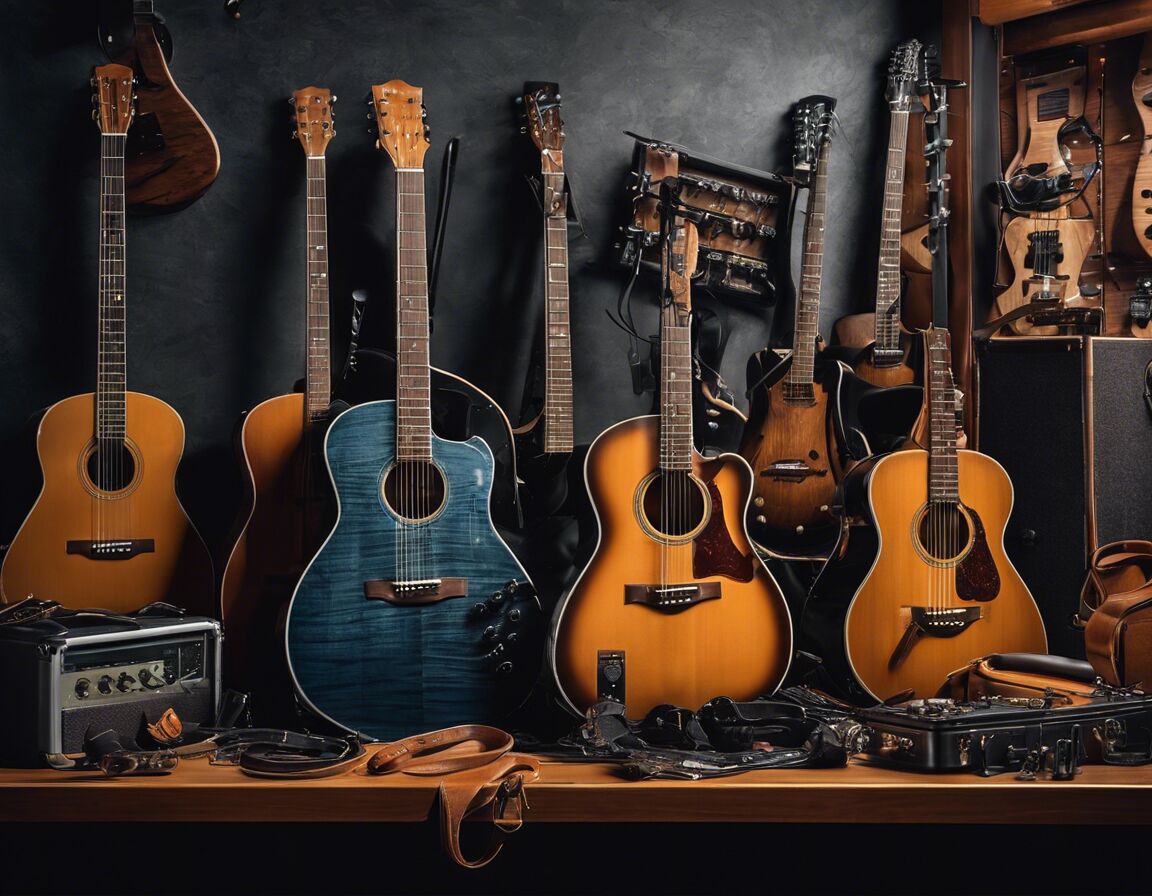
Pros and cons of intermediate electric guitars
Pros
- Higher quality sound and playability compared to beginner guitars.
- More options for customization with pickups and hardware.
- Better durability and construction for long-term use.
- Enhanced features for diverse musical styles.
Cons
- Higher price range compared to beginner models.
- Some models may be more complex to play.
- Limited budget options available in this category.
Tips for intermediate guitarists
- Test several guitars to find the perfect fit.
- Consider used guitars for better value.
- Stay informed about new gear releases and reviews.
- Practice regularly to improve your skills.
Advancing Your Musical Journey
Choosing an intermediate electric guitar is a significant step in a guitarist's journey. By understanding the key features, body types, and pickup configurations, you can find an instrument that suits your playing style and enhances your musical expression. Be sure to explore various options and invest in quality accessories to truly elevate your playing experience.
